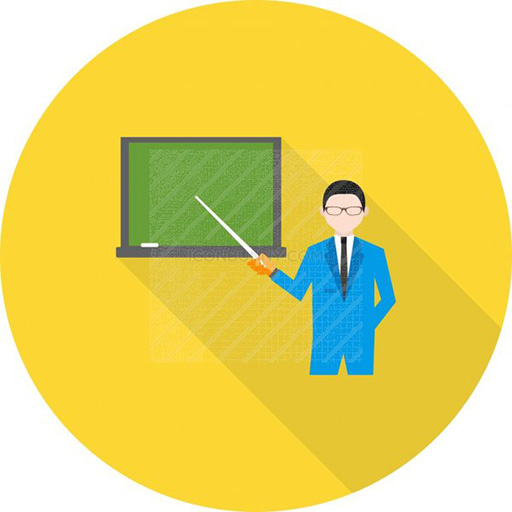Linguodidactic fundamentals of teaching students how to make sentences in karakalpak language lessons
Abstract
The relevance of the chosen topic is due to the need to pay attention to the lingua didactic foundations of teaching students how to make sentences in Karakalpak language lessons. According to scientists, the formation of grammatical skills in the process of mastering the Karakalpak language should occupy a strategic position, and practice has shown that students understand the meaning of words individually, but experience serious difficulties in combining them in a sentence since they have no idea how words should be combined to express a thought. Therefore, in order to form students' ability to build sentences for expressing thoughts, it is not enough to memorize typical phrases, it is necessary to teach children to build these phrases on their own.
References
[2] N.A.Urumbaev Short course of comparative morphology of the Karakalpak and Russian languages N, 1991.
[3] G.P.Akhrorova Methods of studying postpositional constructions in Uzbek language lessons in schools with Russian language of instruction. Abstract of dissertation of candidate of sciences - Tashkent, 1999.
[4] Jiyenbekovna, T. A. (2019). Formation of the system of increasing the qualification of teachers in Asian countries. European Journal of Research and Reflection in Educational Sciences: Special Issue 7 (10) pp 58-61.
[5] Irgashevich, D. A. (2020). Development of national network (tas-ix). ACADEMICIA: An International Multidisciplinary Research Journal, 10(5), 144-151. Article http://dx.doi.org/10.5958/2249-7137.2020.00254.2

In submitting the manuscript to the International Journal on Integrated Education (IJIE), the authors certify that:
- They are authorized by their co-authors to enter into these arrangements.
- The work described has not been formally published before, except in the form of an abstract or as part of a published lecture, review, thesis, or overlay journal.
- That it is not under consideration for publication elsewhere,
- The publication has been approved by the author(s) and by responsible authorities – tacitly or explicitly – of the institutes where the work has been carried out.
- They secure the right to reproduce any material that has already been published or copyrighted elsewhere.
- They agree to the following license and copyright agreement.
License and Copyright Agreement
Authors who publish with International Journal on Integrated Education (IJIE) agree to the following terms:
Authors retain copyright and grant the International Journal on Integrated Education (IJIE) right of first publication with the work simultaneously licensed under Creative Commons Attribution License (CC BY 4.0) that allows others to share the work with an acknowledgment of the work's authorship and initial publication in this journal.





1.png)
